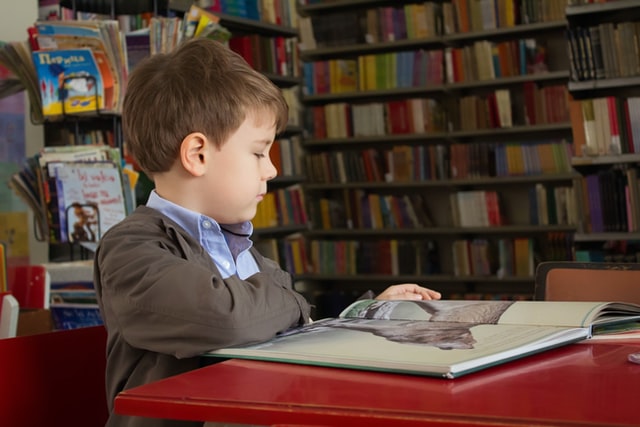Stories are a powerful tool and arguably one of the greatest means of communication we have. In a world mesmerised by technology, the power of a good story is often overlooked.
In a world mesmerised by technology, the power of a good story is often overlooked.
1. Reading expands our capacity to learn by thinking and feeling
Ollie Bray, a Global Director for Lego, explains how imagination and creativity help to build resilience, and that we need to encourage that within safe environments. Stories are memorable and can evoke emotional responses. They foster a resilience for reality by engaging with the fictitious.
Stories are memorable and can evoke emotional responses.
Storytelling is a particularly useful tool during crises and enables children to explore and understand difficult situations. Acclaimed children’s author Jacqueline Wilson tactfully addresses topics such as mental illness and domestic abuse through her storytelling. More recently, books like Onjali Q Raúf’s The Boy at the Back of the Class are helping children gain perspective on issues such as the refugee crisis, and enabling parents and teachers to broach topics that are otherwise difficult to talk about.
Storytelling is a particularly useful tool during crises and enables children to explore and understand difficult situations.
2. Reading for pleasure can positively impact our mental wellbeing
According to research by the Royal Society of Literature, children who enjoy reading are three times more likely to have positive mental wellbeing than children who don’t. Studies also suggest that ‘reading for as little as six minutes a day can reduce stress levels by up to 60% by reducing heart rate, easing muscle tension and altering state of mind’.

Making books accessible, inclusive and enjoyable at a young age is essential to enabling children to read for pleasure and continue recreational reading into adulthood in order to positively impact mental wellbeing.
3. Storytelling and reading for pleasure encourage creativity
We often hear about the need to get children reading, but we also need to encourage them as writers and creators.
As well as providing a vehicle for conveying educational messages and exploring controversial topics, storytelling also plays a large role in our creativity. We often hear about the need to get children reading, but we also need to encourage them as writers and creators.
It is important to make children agents in their own education, enabling their creativity and engagement in storytelling.
With limited access to schools and libraries during the pandemic, 2019-22 Children’s Laureate Cressida Cowell wants us to ensure that children can unleash their creative instincts. All children should have access to creative pursuits, even if that only means allocating 15 minutes in the school week to tap into children’s potential and grant them time to get creative. It is important to make children agents in their own education, enabling their creativity and engagement in storytelling. Exploring new ideas and values through play and storytelling can open up the discovery of whole new worlds.

